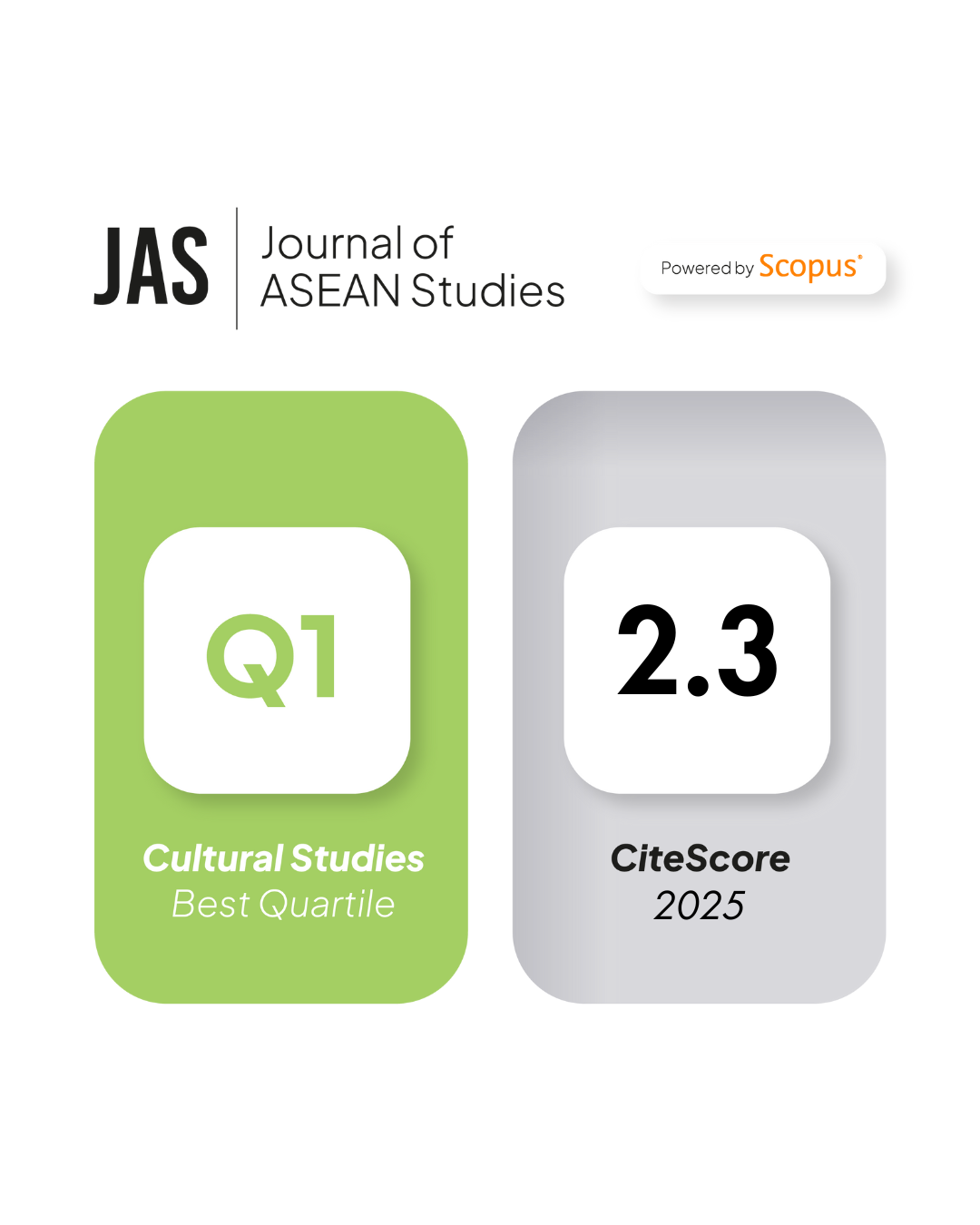Japan’s Renaissance and Its Effect to ASEAN
DOI:
https://doi.org/10.21512/jas.v2i1.83Keywords:
Japan, Shinzo Abe, China, bargaining model, ASEANAbstract
Japan has developed a new security policy against China in East China Sea, which has increased tension in that region. Japan’s new leadership under Shinzo Abe, who has conservative political view, has unbeatable policy against China’s hegemony. Abe revised Japan Self-Defence Forces role in the Japanese Constitution by making critical amendments on particular articles, which should be seen as Japan’s bargaining power against China. The two major powers in East China Sea can be seen as security dilemma of other states. Pursuit of power and hegemony will influence other major actors in the global world system and also small states. Japan’s new security policy is as a renaissance of Japan’s hegemony or pursuit of power in East China Sea. By using bargaining model of war, Japan’s security policy will determine overall situation in South China Sea or particularly in East China Sea: whether it will remain of high threat or balance of threat rather than balance of power, or it will face possible conflict in the future.

























